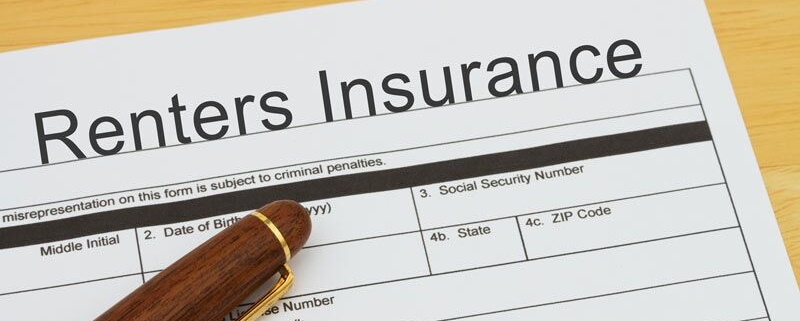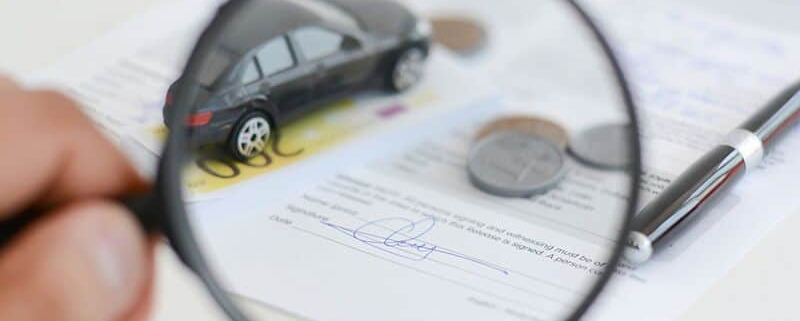Here is what you need to know about additional living expenses coverage.
While homeowners know that their insurance policy offers dwelling, personal property, and personal liability coverage, they may be surprised to learn that it also offers additional living expenses. Not sure what this coverage is and what it does for you? Then read on to learn more about additional living expenses insurance coverage.
What is additional living expenses coverage?
Additional living expenses insurance coverage is coverage that you can use to pay for your living expenses in the event that your home is temporarily uninhabitable. For instance, imagine that your home is severely damaged in a fire. While the dwelling portion of your home insurance will cover the cost of repairing your home, it may not be safe for you and your family to stay in the home while it is undergoing repairs. Fortunately, the additional living expenses portion of your home policy will cover the cost of living away from your home. It can help you cover the cost of staying in a hotel, renting a temporary residence, eating at restaurants, storing your furniture, and so on.
How can you access additional living expenses insurance?
There are two major factors that affect whether you can file a claim for additional living expenses insurance coverage; the peril that has damaged your home and whether or not your home is truly uninhabitable. You can only access your additional living expenses coverage if your home insurance provides coverage for the peril that has damaged your home. For instance, if a tornado ripped the roof off of your home, then you could file a claim for additional living expenses because standard home policies cover wind damage. However, if your home was damaged by flood, then you cannot access additional living expenses through your home insurer because homeowners policies exclude coverage for flood damages.
Additionally, your ability to access additional living expenses coverage depends on whether or not your home is actually uninhabitable. For instance, if a tree crashes through your roof, your home would definitely sustain damage. However, if your home still has running water, electricity, functioning bathrooms, and so on, then your insurer would not consider your home uninhabitable. Naturally, they would not approve additional living expenses coverage. Because every insurer has their own criteria for what makes a home uninhabitable, it can be difficult to know if you can access your additional living expenses insurance. If your home sustains major damage, then contact your insurance provider as soon as possible. They will have a claims adjuster come out and determine if your home is truly uninhabitable.
This is what you need to know about additional living expenses coverage. Do you have more questions about the coverage offered by your homeowners insurance? If so, then contact the experts at James Page Insurance. We are ready to assist you with all your home coverage needs today.




